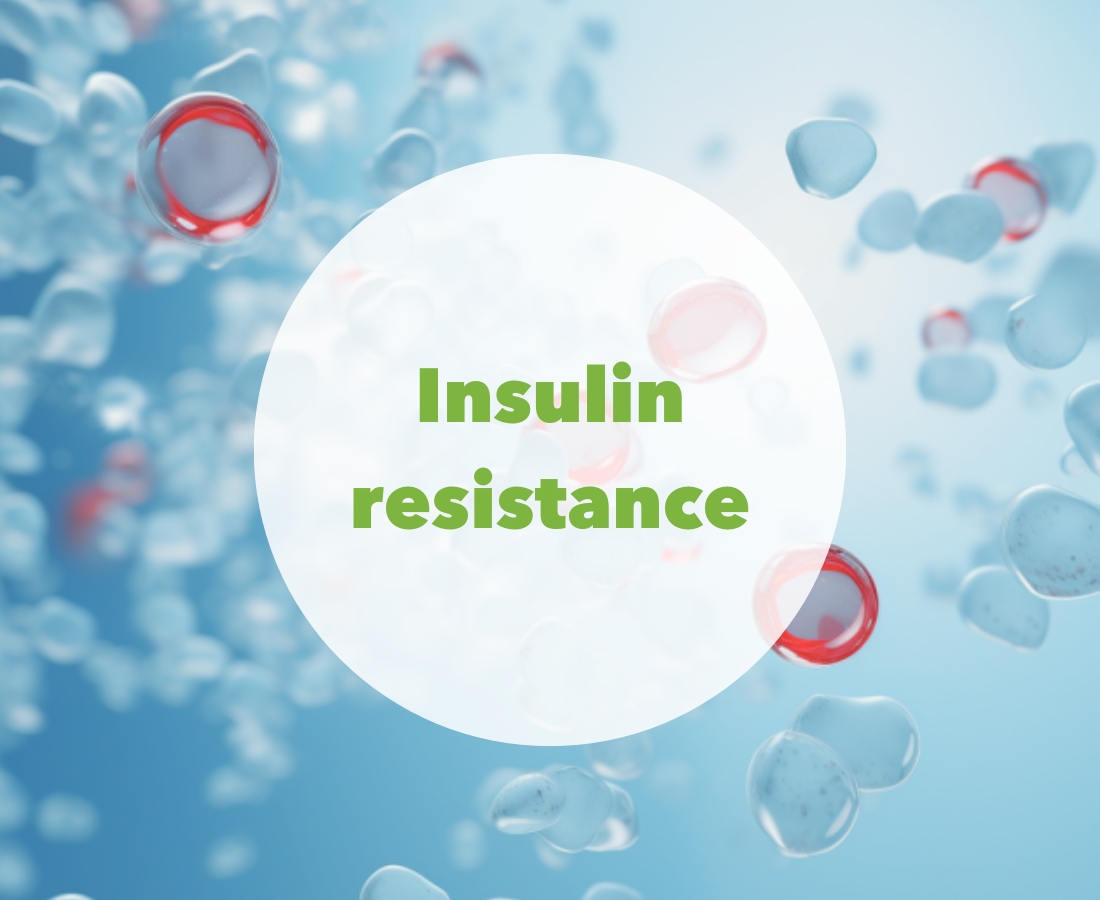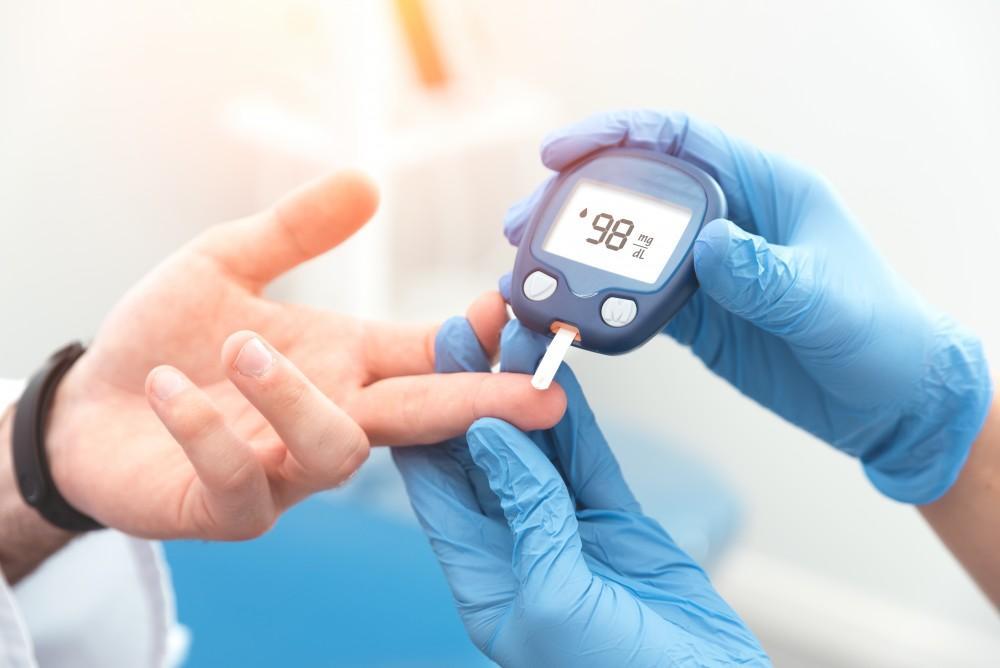What Happens to Your Body When You Have Insulin Resistance
Insulin resistance is a condition that affects millions of people worldwide. It occurs when the body’s cells

do not respond properly to insulin, thereby reducing the amount of glucose that enters the cells. Over time, this can lead to a host of health problems ranging from prediabetes to type 2 diabetes, high blood pressure, and increased inflammation. In this article, we will explore what insulin resistance is, its role in the body, the symptoms associated with it, how to diagnose it, and most importantly, how to treat and prevent it.
What Is Insulin Resistance?

When you eat food that contains carbohydrates, your body metabolizes those carbs into glucose (sugar), which is its preferred source of energy. In response, your pancreas releases a hormone called insulin. Insulin helps move glucose from your bloodstream into cells where it can be used for energy. The hormone also packages extra glucose to be stored in the liver when needed. However, if your cells don’t respond properly to insulin, you can develop insulin resistance, according to the National Institute of Diabetes, Digestive and Kidney Diseases.
Insulin resistance means that your cells are not using insulin effectively, which results in high levels of glucose in your bloodstream. Over time, the pancreas compensates by producing more insulin to help lower your blood sugar levels. However, this can cause the pancreas to wear out, leading to diabetes.
What Happens to Your Body When You Have Insulin Resistance

Insulin resistance can lead to various health problems. Here are some of the most common symptoms:
You May Have No Symptoms
Many people with insulin resistance have no symptoms. That’s why it’s essential to get screened for diabetes regularly, especially if you have any risk factors.
You May Feel Tired and Hungry
When your cells don’t get enough glucose, you may feel tired and hungry. You may also experience difficulty concentrating or have brain fog.
You May Notice Darkened Skin
Insulin resistance can cause darkened patches of skin, especially around the neck, armpits, and groin. This condition is called acanthosis nigricans.
You May Have More Skin Tags
Skin tags are small, benign growths on the skin’s surface. People with insulin resistance tend to have more skin tags than those without the condition.
You May Gain Weight
Insulin plays a crucial role in regulating metabolism and fat storage. When you have insulin resistance, your body tends to store more fat, leading to weight gain, particularly in the abdominal area.
Risk Factors and Causes

Several factors can increase your risk of developing insulin resistance, including:
- Family history of diabetes
- Obesity or being overweight
- Sedentary lifestyle
- High blood pressure
- High cholesterol levels
- Polycystic ovary syndrome (PCOS)
- Sleep apnea
Insulin resistance can also be caused by certain medications, such as corticosteroids and antipsychotics.
How to Diagnose Insulin Resistance
Insulin resistance is typically diagnosed through a blood test that measures fasting insulin and blood glucose levels. A fasting insulin level above 15 mU/L and a fasting glucose level above 100 mg/dL may indicate insulin resistance. However, some doctors may use other tests, such as an oral glucose tolerance test or a hemoglobin A1C test.
How to Treat and Prevent Insulin Resistance
The good news is that insulin resistance can often be treated and even reversed through simple lifestyle changes. Here are some ways to prevent and treat insulin resistance:
Eat More Plants
A plant-based diet rich in whole grains, fruits, vegetables, legumes, and nuts has been shown to improve insulin sensitivity and lower the risk of insulin resistance and diabetes. A study published in the British Journal of Nutrition found that a vegan diet improved insulin sensitivity in overweight adults compared to a control group.
Exercise
Regular physical activity, such as walking, jogging, cycling, or swimming, can improve insulin sensitivity and lower blood sugar levels. Aim for at least 150 minutes of moderate-intensity exercise per week.
Reach a Healthy Weight
Losing weight can significantly improve insulin sensitivity and reduce the risk of developing diabetes. Even modest weight loss (5-10% of body weight) can have significant health benefits. A healthy diet combined with regular exercise is the most effective way to lose weight and keep it off.
Conclusion
Insulin resistance is a prevalent condition that can lead to serious health problems if left untreated. However, with simple lifestyle changes, such as eating more plants, exercising regularly, and maintaining a healthy weight, you can prevent and even reverse insulin resistance. Talk to your doctor about getting screened for diabetes regularly and making the necessary changes to improve your health and quality of life.
















